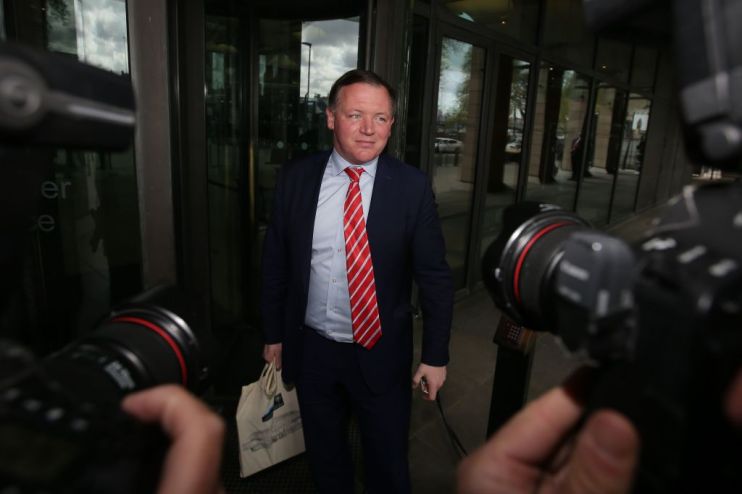DCMS chair Damian Collins calls for crackdown on fake news spread by ‘wealthy people’

A top MP has called for a crackdown on campaign groups funded by “wealthy people” that spread disinformation on social media.
Damian Collins, chair of the Digital, Culture, Media and Sport (DCMS) select committee, warned that much of the discourse on social media was not spread organically but rather promoted by shady backers.
Read more: Number of deepfake videos online almost doubles
“There are very wealthy people that have funded campaign groups that exist online to identify content and push it to create the impression that this is a widely-held view, but it might only be a very niche one,” he told an audience in London today.
Collins, a vocal proponent of tighter online regulation, said social media companies should provide more information about who controls popular online groups and channels, and should be made to step in when “known lies” are spread.
Facebook has come under scrutiny amid concerns that Russia used the platform to influence the 2016 Brexit referendum, a claim the social media firm has denied.
The Vote Leave campaign has also faced criticism for its targeted social media ads, which included false claims about Turkey joining the EU.
Collins said the current approach to regulation focused on the media format rather than audience size, and argued that anyone with a large following should be held responsible for what they publish online.
“The way to do that mostly is looking into scale,” he said. “It’s not just that someone has posted something that people disagree with, it’s when someone is using the architecture of social media to deliberately push reach.”
In April the government outlined plans to tackle so-called online harms, which include fake news, terrorist content and harassment.
Under the proposals, senior managers could be held personally responsible for breaches of the code, while social media firms would face fines or even blocking.
Collins said the biggest online threat was so-called deep fake videos, where scammers use artificial intelligence to alter footage and fabricate statements.
Read more: UK energy boss conned out of £200,000 in deep fake fraud
The Tory MP warned of a huge surge in credible and cheap-to-make videos that could be used for malicious purposes, such as influencing how someone will vote in an election or impacting a company’s share price.
“This is a tool designed not just to influence democracy but for widespread fraud,” he said.
Main image credit: Getty